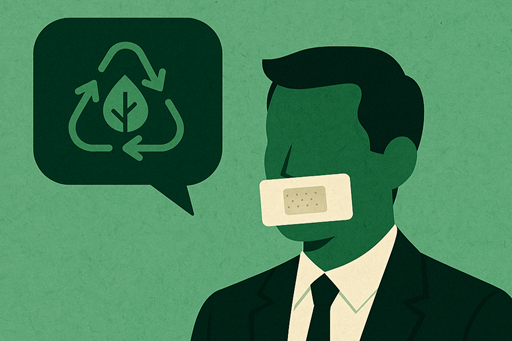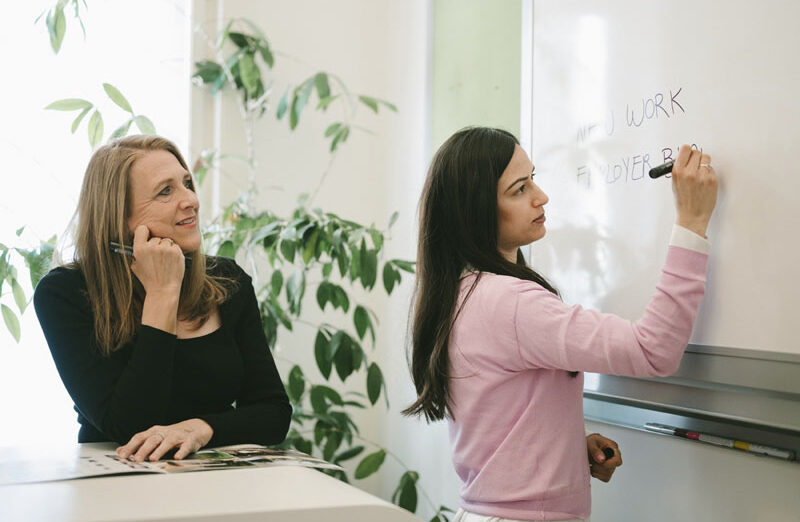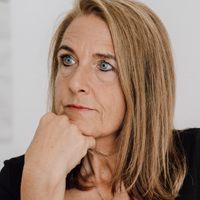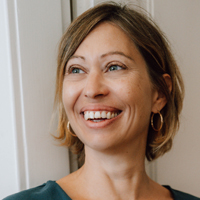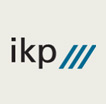Respect and inclusion begin with communication—a first step toward creating mutual understanding and equality.
Inclusion is the key to a society in which all people, in all their diversity and uniqueness, can live together equally and respectfully. The goal is a barrier-free world in which equal opportunities and genuine participation are a matter of course for everyone. Inclusion enriches us all, because diversity strengthens our community!
Inclusion starts with language, because how we speak influences how we think and ultimately how we act. Language shows who belongs, is seen and respected – so speaking carefully about people with disabilities is a key step. But how do we find the right words?
Finding the right words
There are many different and sometimes contradictory recommendations on how to talk about disabilities and which expressions are appropriate. However, people with disabilities are not a homogenous group – they are very diverse, and not all of them prefer the same wording. So there is no such thing as a general “right” or “wrong”. Therefore, the easiest way to talk is to ask directly what the person in question prefers. When it comes to talking about people with disabilities as a group, it helps to ask yourself what values and thoughts are hidden in the wording.
A few pointers for inclusive language
Even though there are no clear rules, some wordings are viewed critically because they convey a negative view. Here are a few suggestions for more inclusive language:
- The term “disability”is fundamentally neutral, even though it is often associated with prejudice or misunderstandings. It does not refer to personal deficits, but to the obstacles created by social barriers, as explained by the “social model of disability”. Therefore, the opposite of “disabled” is “not disabled”, and definitely neither “normal” nor “healthy”.
- The term “handicap” is viewed critically and is increasingly considered outdated because of its focus on limitations.
- In order to focus on the person and not reduce them to their disability, depending on the context, it is best to speak of ‘people with disabilities’ or ‘disabled people’ and not of ‘(the) disabled‘.
- People with disabilities do not have “special needs”but, like everyone else, want to participate equally in society and lead a self-determined life. Therefore, formulations such as “people in need of assistance” or “entitled to support” are more appropriate because they focus on the support that is intended to reduce barriers.
- People with disabilities should be portrayed neither as pitiable figures nor as admirable heroes. Instead of talking about “mastering” a life with a disability, it is more neutral to say that someone lives with a disability.
Language as a key to inclusion
Inclusive language is much more than a well-intentioned approach. It is a powerful tool for breaking down barriers in people’s minds and in society. By communicating mindfully and respectfully, we create an environment in which people feel more welcome and valued.
It is up to all of us to use language to contribute to a society that not only accepts diversity, but actively embraces it. Because every word we choose can be the beginning of a dialogue on equal terms.
Could we arouse your interest in strategy? Click here to find out more about our services.
Learn more about zu DEI&B-Conuslting at ikp.
Blogs:
- https://ikp.at/de/blog/know-how/dei-und-pr/
- https://ikp.at/de/blog/know-how/mehr-sein-als-schein-ja-bitte-zu-gelebter-vielfalt-und-echter-diversity/
- https://ikp.at/de/blog/know-how/innovationsfoerderung-die-rolle-von-diversitaet-und-inklusion/
- https://ikp.at/de/blog/know-how/geschlechtervielfalt-in-unternehmen-inklusiv/
- https://ikp.at/de/blog/know-how/geschlechtervielfalt-in-unternehmen-inklusiv-folge-2-geschlechtervielfalt-im-unternehmen/



